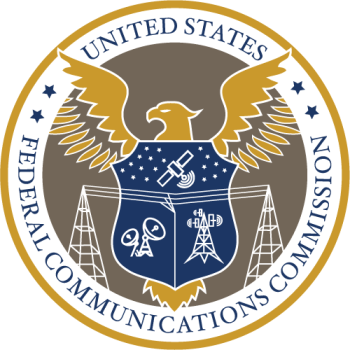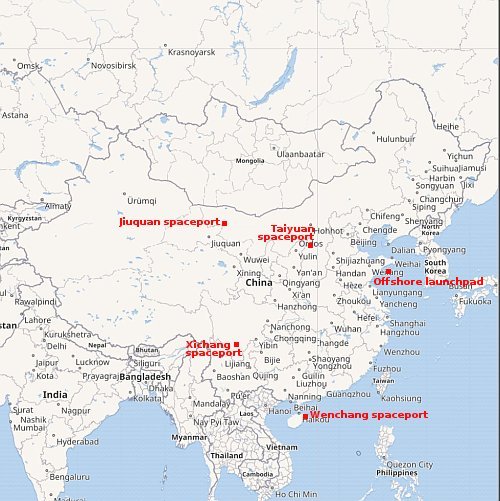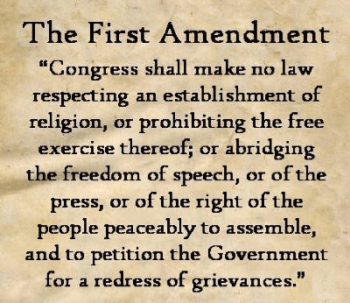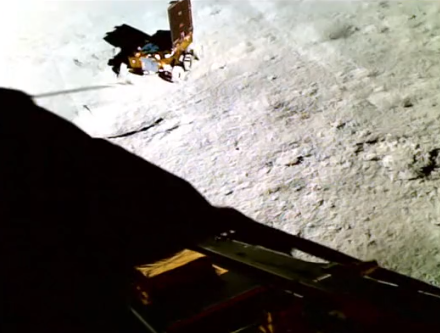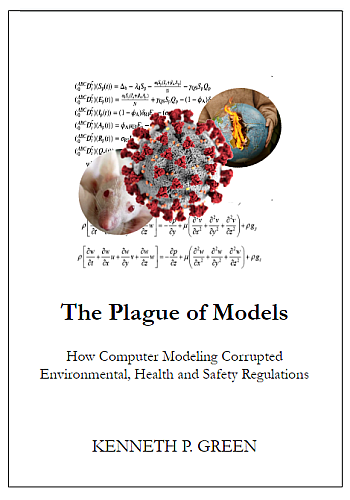Good news? FAA issues own report on April Starship/Superheavy launch
The FAA today closed out its own investigation into the April test launch failure of SpaceX’s Starship/Superheavy rocket, stating that it found “63 corrective actions SpaceX must take” before another launch license will be issued.
Corrective actions include redesigns of vehicle hardware to prevent leaks and fires, redesign of the launch pad to increase its robustness, incorporation of additional reviews in the design process, additional analysis and testing of safety critical systems and components including the Autonomous Flight Safety System, and the application of additional change control practices.
It is not clear how many of these corrections have already been completed by SpaceX. The FAA made it clear however that it does not yet consider its requirements to have been met.
The closure of the mishap investigation does not signal an immediate resumption of Starship launches at Boca Chica. SpaceX must implement all corrective actions that impact public safety and apply for and receive a license modification from the FAA that addresses all safety, environmental and other applicable regulatory requirements prior to the next Starship launch.
The timeline suggests FAA is demanding additional actions from SpaceX. The company submitted its own investigation report to the FAA on August 16th. The FAA then spent almost a month reviewing it, during which it almost certainly decided some of SpaceX’s corrections were insufficient. It has now followed up with its own report, listing additional actions required.
Remember, no one at the FAA is qualified or even in a position to do a real investigation. They are simply acting as a chess kibitzer on the sidelines, making annoying commentary based on less information than held by the players of the game (in this case SpaceX). Unlike a chess kibitzer, however, the FAA controls the board, and can force SpaceX to do its recommended moves, or declare the game forfeited by SpaceX.
If the FAA has required additional actions, we will find out in the next few days when SpaceX destacks Starship/Superheavy and rolls both back into the assembly building. It is also possible we instead shall have a few weeks of back-and-forth negotiations by phone, zoom, paper, and face-to-face meetings, whereby SpaceX engineers will be desperately trying to make FAA paper-pushers understand some of their engineering work which will eventually result in an agreement by the FAA to let SpaceX launch.
Remember, none of this kind of regulatory interference and investigation took place between SpaceX and the FAA during the Trump administration when SpaceX was flying a Starship suborbital test flight almost monthly. The heavy boot of regulation arrived soon after Biden. The two are closely linked.
The FAA today closed out its own investigation into the April test launch failure of SpaceX’s Starship/Superheavy rocket, stating that it found “63 corrective actions SpaceX must take” before another launch license will be issued.
Corrective actions include redesigns of vehicle hardware to prevent leaks and fires, redesign of the launch pad to increase its robustness, incorporation of additional reviews in the design process, additional analysis and testing of safety critical systems and components including the Autonomous Flight Safety System, and the application of additional change control practices.
It is not clear how many of these corrections have already been completed by SpaceX. The FAA made it clear however that it does not yet consider its requirements to have been met.
The closure of the mishap investigation does not signal an immediate resumption of Starship launches at Boca Chica. SpaceX must implement all corrective actions that impact public safety and apply for and receive a license modification from the FAA that addresses all safety, environmental and other applicable regulatory requirements prior to the next Starship launch.
The timeline suggests FAA is demanding additional actions from SpaceX. The company submitted its own investigation report to the FAA on August 16th. The FAA then spent almost a month reviewing it, during which it almost certainly decided some of SpaceX’s corrections were insufficient. It has now followed up with its own report, listing additional actions required.
Remember, no one at the FAA is qualified or even in a position to do a real investigation. They are simply acting as a chess kibitzer on the sidelines, making annoying commentary based on less information than held by the players of the game (in this case SpaceX). Unlike a chess kibitzer, however, the FAA controls the board, and can force SpaceX to do its recommended moves, or declare the game forfeited by SpaceX.
If the FAA has required additional actions, we will find out in the next few days when SpaceX destacks Starship/Superheavy and rolls both back into the assembly building. It is also possible we instead shall have a few weeks of back-and-forth negotiations by phone, zoom, paper, and face-to-face meetings, whereby SpaceX engineers will be desperately trying to make FAA paper-pushers understand some of their engineering work which will eventually result in an agreement by the FAA to let SpaceX launch.
Remember, none of this kind of regulatory interference and investigation took place between SpaceX and the FAA during the Trump administration when SpaceX was flying a Starship suborbital test flight almost monthly. The heavy boot of regulation arrived soon after Biden. The two are closely linked.

